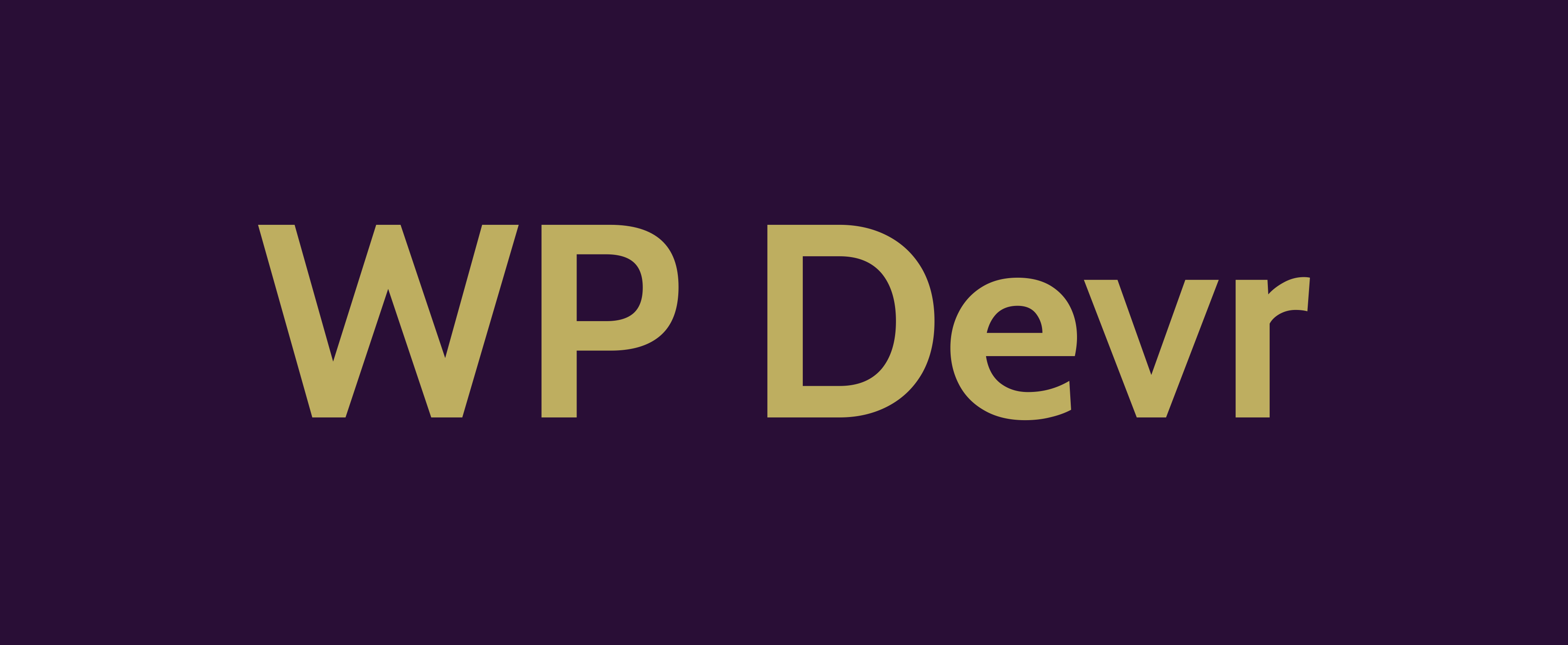Conditional Loading: Boosting WordPress Performance With Wp_Enqueue_Scripts
The Problem of Unoptimized Script Loading
Loading unnecessary JavaScript and CSS files can significantly slow down WordPress site performance. Every script required adds additional HTTP requests and increases page load times. Without optimization, sites may load 10+ scripts on every page, bogging down the user experience.
The core issue is that by default, WordPress loads all enqueued scripts on every page. This means scripts for features only used on certain pages still get loaded site-wide. For example, a complex JavaScript file for an ajax contact form gets loaded even on static pages where the form isn’t present.
Loading irrelevant scripts wastes server resources and increases the burden on users’ devices. With today’s web performance benchmarks, sites simply can’t afford unnecessary bloat. Thankfully, WordPress offers built-in solutions to precisely control script loading with conditional tags.
Understanding wp_enqueue_scripts
To load JavaScript, CSS, and other front-end files in WordPress, developers, and plugins use the wp_enqueue_scripts action. This action hooks into when WordPress prepares to send page content to browsers. Calling wp_enqueue_script, wp_enqueue_style, etc then queues up external files to include in the page output.
By default, scripts enqueued this way load on every WordPress page. The process happens automatically with little control. While convenient at first, performance issues quickly emerge as themes and plugins enqueue more and more bloat over time.
Thankfully, wp_enqueue_scripts passes the $hook parameter, containing context about the current page. We can leverage this to only output relevant scripts for each specific situation. By wrapping enqueue calls in conditional tags checking $hook, we unlock precise selective script loading.
Using Conditional Tags to Load Scripts
WordPress conditional tags make it possible to test for specific contexts before executing code. We can use these tags to check $hook and other context before deciding whether to enqueue a script. Some useful conditional tags include:
- is_front_page()
- is_home()
- is_single()
- is_page()
- is_archive()
For example, to load a script only on static page views:
function prefix_enqueue_scripts() {
if ( is_page() ) {
wp_enqueue_script('custom-page-script');
}
}
add_action('wp_enqueue_scripts', 'prefix_enqueue_scripts');
Similar logic works to load scripts exclusively on posts, homepage, archives, and more. Matching script loading only where needed avoids bloat.
Example: Loading Scripts on Single Posts
As an practical example, let’s load comment and sharing JavaScript only on single blog posts, not site-wide. First we hook wp_enqueue_scripts as usual:
function prefix_enqueue_scripts() {
// Conditional loading code
}
add_action('wp_enqueue_scripts', 'prefix_enqueue_scripts');
Inside the callback, we check if the $hook matches singular post views with is_single(). If true, we load the relevant scripts, otherwise they don’t enqueue.
function prefix_enqueue_scripts() {
if ( is_single() ) {
wp_enqueue_script('comment-reply');
wp_enqueue_script('sharing-buttons');
}
}
add_action('wp_enqueue_scripts', 'prefix_enqueue_scripts');
Now comment and sharing functionality still work perfectly on blog posts. But these scripts don’t load and require requests on other less relevant pages. Selective loading improves performance while retaining full features.
Tying Scripts to Specific Features or Plugins
In addition to page context, it often makes sense to tie script loading directly to specific features or plugins. For example, only loading a slick slider JavaScript when the slider shortcode displays on a post. Or limiting a demanding WooCommerce script exclusively to product and cart pages.
WordPress offers the function_exists and class_exists conditionals to check if specific plugins are active. For example:
if ( class_exists( 'WooCommerce' ) ) {
// Load WooCommerce scripts
}
We can follow similar patterns to check if specific theme features or shortcodes appear on the page before loading associated scripts. Precisely matching scripts to corresponding functionality reduces unnecessary requests.
Optimizing Third-Party Scripts
Unfortunately, most third-party plugin and theme enqueue scripts fail to leverage conditional loading. Leading to unnecessary bloat issues out of our control. Thankfully a few techniques can still improve performance:
- Remove plugin scripts not needed for site functionality via unregister_script.
- Dequeue specific scripts conditionally with wp_dequeue_script()
- Use dependency groups to more precisely load collections of scripts.
Digging into documentation and support forums to identify required vs recommended vs unnecessary scripts takes time. But optimizations here can make a dramatic difference in reducing third-party bloat. Prioritizing high-impact plugins like sliders, forms, and ecommerce tools has the most benefit.
Checking Performance Improvements
After optimizing script loading with conditional tags, use tools like Google PageSpeed Insights and WebPagetest to evaluate improvements. Check metrics like:
- Total page weight decrease
- Fewer total requests
- Faster time to first byte
- Lower DOM load time
- Higher page speed score
Seeing concrete speed gains proves the value of selective script loading. With each optimization, aim for measurable boosts across key web performance benchmarks. This drives further refinement targeting heavy third-party scripts or functionality loaded on non-applicable pages.
For example, after implementing conditions to load a slider script only when shortcodes appear, test pages without the shortcode to confirm the script no longer loads. Direct before and after comparisons accurately assess each change.
Next Steps for Faster Script Loading
Optimizing wp_enqueue_scripts offers immense low hanging fruit to improve WordPress speed. But achieving maximum performance requires going further:
- Browser cache and leverage external CDNs to serve files.
- Split code into smaller modular scripts loading only what’s needed.
- Use async or deferred attributes for non-blocking script loading.
- Minify and compress scripts to reduce file sizes.
- Eliminate render-blocking CSS either via optimization or HTTP/2 server push.
- Shift towards progressive enhancement and leaner modern JavaScript.
Combining conditional script loading with additional caching, optimization, and delivery refinements compounds benefits. Treating page speed as an ongoing optimization target unlocks the fastest possible site performance.
